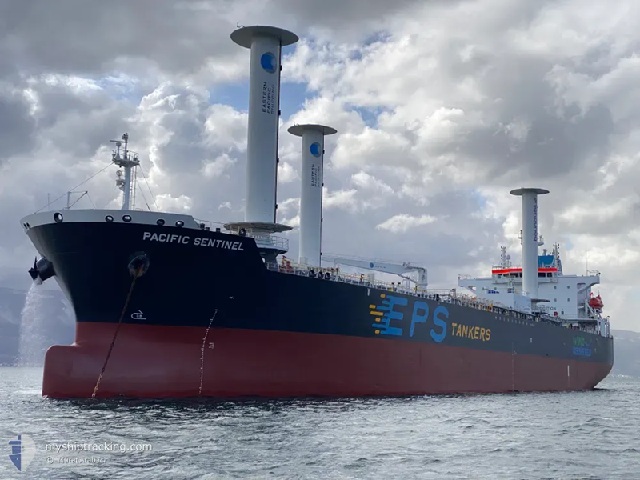Colombia’s Environment and Sustainable Development Ministry has opened a public consultation to define the roadmap for implementing the Escazú Agreement, aiming to strengthen environmental democracy and guarantee rights to information, public participation, and environmental justice.
Ecopetrol and the José Benito Vives De Andréis Marine and Coastal Research Institute (Invemar) signed a renewed collaboration agreement to advance knowledge generation and conservation of Caribbean seabed ecosystems, building on their existing framework partnership.
The Unión Sindical Obrera (USO) called on November 28, 2025, for Colombia to develop experimental fracking pilot projects with “the highest oversight” to open possibilities for developing unconventional deposits as an effective short-term measure to increase oil and gas reserves.
Colombia’s Constitutional Court validated Decree 1275 of 2024, which recognizes indigenous peoples as environmental authorities within their territories, but established specific conditions for its application. The decree, signed by President Gustavo Petro and issued by the Ministry of Environment, responds to a demand from ancestral communities spanning more than three decades.

Ecopetrol achieved a significant sustainability milestone by contracting a vessel equipped with an auxiliary wind propulsion system, reducing CO2 emissions by 49% compared to conventional ships.
The latest “COP” global conference ended without a declaration on fossil fuels. A number of countries, led by Colombia, pushed for an energy transition “roadmap” to abandon these, but resistance, mostly from producer countries, kept that from making the final version.
Colombia’s announcement at COP30 that it would declare the entire Amazon biome a Renewable Natural Resources Reserve, effectively banning new large-scale mining and hydrocarbons activity, was intended as a bold environmental milestone.
Colombia’s long-awaited offshore gas project, Sirius, is steadily moving through its licensing stages, yet the country’s widening supply gap is prompting experts to call for an interim solution: using fracking to regain self-sufficiency while the offshore field comes online.
Ecopetrol (NYSE: EC) secured a key milestone in its gas-supply strategy after Colombia’s environmental licensing agency, ANLA, approved the company’s plan to import natural gas through Cenit’s infrastructure in Coveñas.

The Colombian government has reignited one of the country’s most divisive environmental debates with a proposal to ban all oil, gas, and mining activities across the entire Amazon biome, a region that covers more than 43% of national territory.